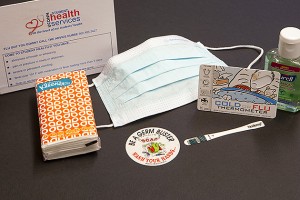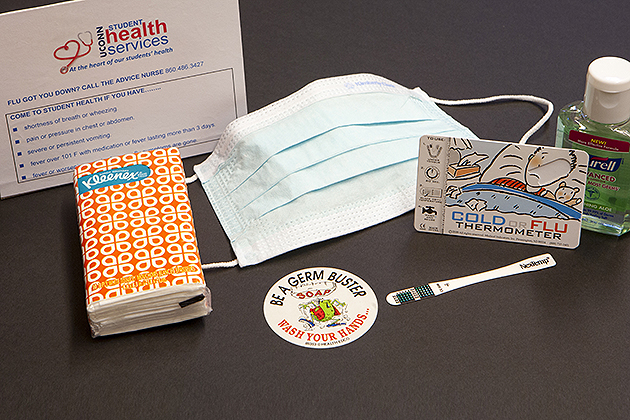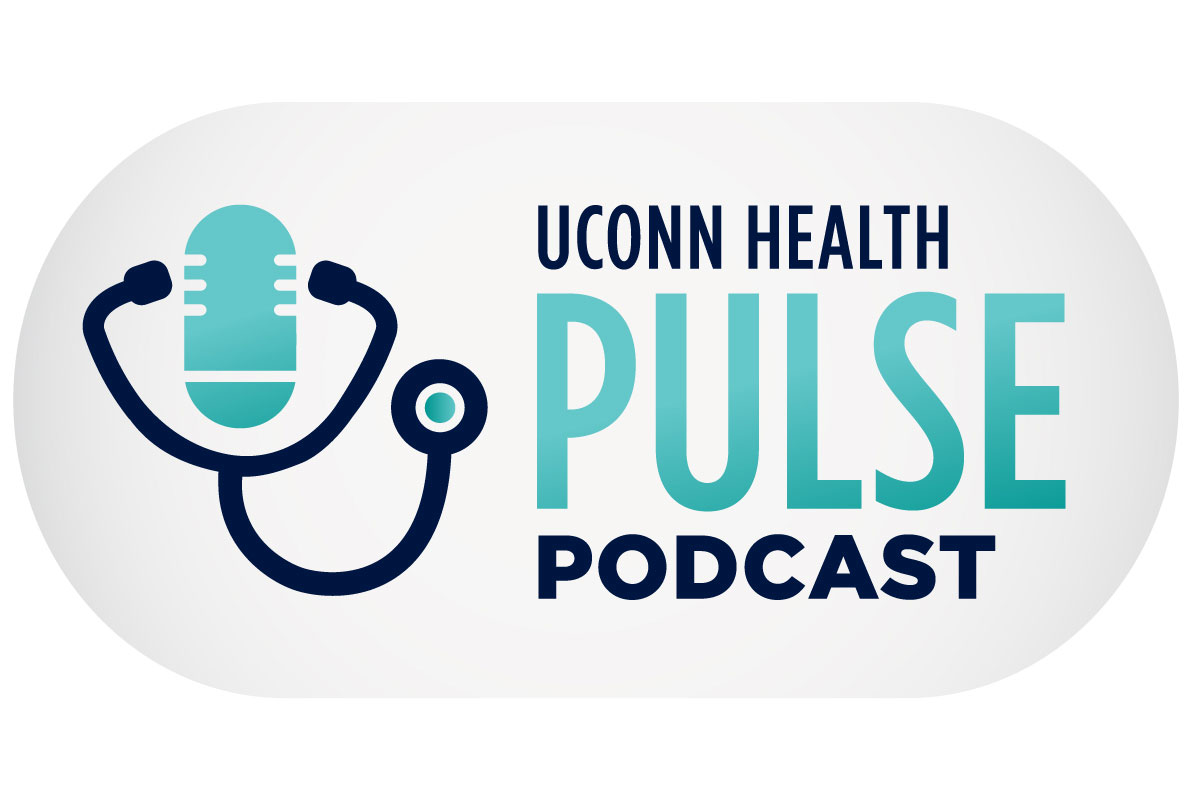
In addition to holiday memories and fresh notebooks, UConn students returning to campus this week may unwittingly be bringing back something else: flu germs.
Health officials at UConn and throughout the U.S. are cautioning people to prepare for an unusually severe flu season. College campuses and other areas that are home to large numbers of people are taking particular precautions to help people avoid catching and spreading the flu bug, colds, and other illnesses.
UConn officials say first and foremost, they’re urging students and employees to stay home when they are sick and remain away from campus until they’ve been free of symptoms for at least 24 hours.
Michael Kurland, UConn’s director of Student Health Services, says they also strongly advise everyone to get a flu shot if they have not already done so, noting that Student Health Services received 500 doses of the flu vaccine this week.
Students can request a shot at the Student Health Services facility on Glenbrook Road, where they can also receive “flu kits” containing tissues, hand gel, a disposable thermometer, a mask, and instructions to help determine whether symptoms are severe enough to require medical attention.
UConn faculty and staff cannot get flu shots at Student Health Services, but the state of Connecticut has listings on its website of various CVS Pharmacy and Stop & Shop Pharmacy locations where workers can get the shots for free under terms of their health insurance.
The flu can cause a variety of symptoms, but some of the most common include a cough and/or sore throat, head and body aches, a fever of 100 degrees or higher, chills and fatigue, and nausea along with vomiting and/or diarrhea.
The federal Centers for Disease Control say this year’s flu shot is about 60 percent effective. Though it’s not foolproof, getting the shot can help many people avoid the illness altogether or, if they get it, have less severe symptoms than they might otherwise have suffered.
“The shot is safe and effective, and it’s not too late to protect yourself,” Kurland says, adding that it takes about two weeks to develop immunity after the shot, so people should not procrastinate.
Kurland says it’s also important to eat properly, exercise, get enough sleep, keep stress in check, and take any other health precautions to maintain immunity – and it’s critical for people to wash their hands often or use an alcohol-based gel if a sink isn’t available.
“If you’re sick, stay home and in bed – don’t go out and infect your friends and neighbors,” he says.
Student Health Services held flu clinics in October and continued providing the shots throughout the fall and into the winter. Employees in Student Health Services and UConn’s public safety workers also received the shots, and the University is keeping some of its vacant apartments available for students who need to temporarily be away from others to avoid spreading the illness.
UConn crews also have been busy disinfecting all points of contact in common areas of campus buildings, such as elevator buttons, door knobs, hand rails, and other spots. Directors in the residence halls have been given literature to post on bulletin boards about flu prevention practices, and extra containers of hand sanitizer have been placed in many game rooms and offices.
UConn’s transportation services workers also are wiping down the bus interiors frequently to combat germs, and signs throughout campus are reminding people to wash their hands, cover their mouth when they sneeze, and stay away from large groups when they are ill.
University officials are asking professors not to require students to seek an “excuse note” from Student Health Services if they are treated there – Student Health Services does not give out such notes, though it can provide forms which verify that the students visited the facility if necessary.
Faculty and students are being advised to follow procedures they normally use when students must miss class due to illness. Residence hall directors have also been given extra supplies of over-the-counter medications such as Advil and Tylenol to provide to dorm residents as needed, so most students should be able to recover without needing to visit Student Health Services.
“If a student is sick, they should be staying in bed and taking care of themselves – not exposing others to the flu virus in search of an excuse note,” Kurland says.
More information can be found at www.flu.uconn.edu, and the Student Health Services website also has many details about avoiding and coping with the flu.


